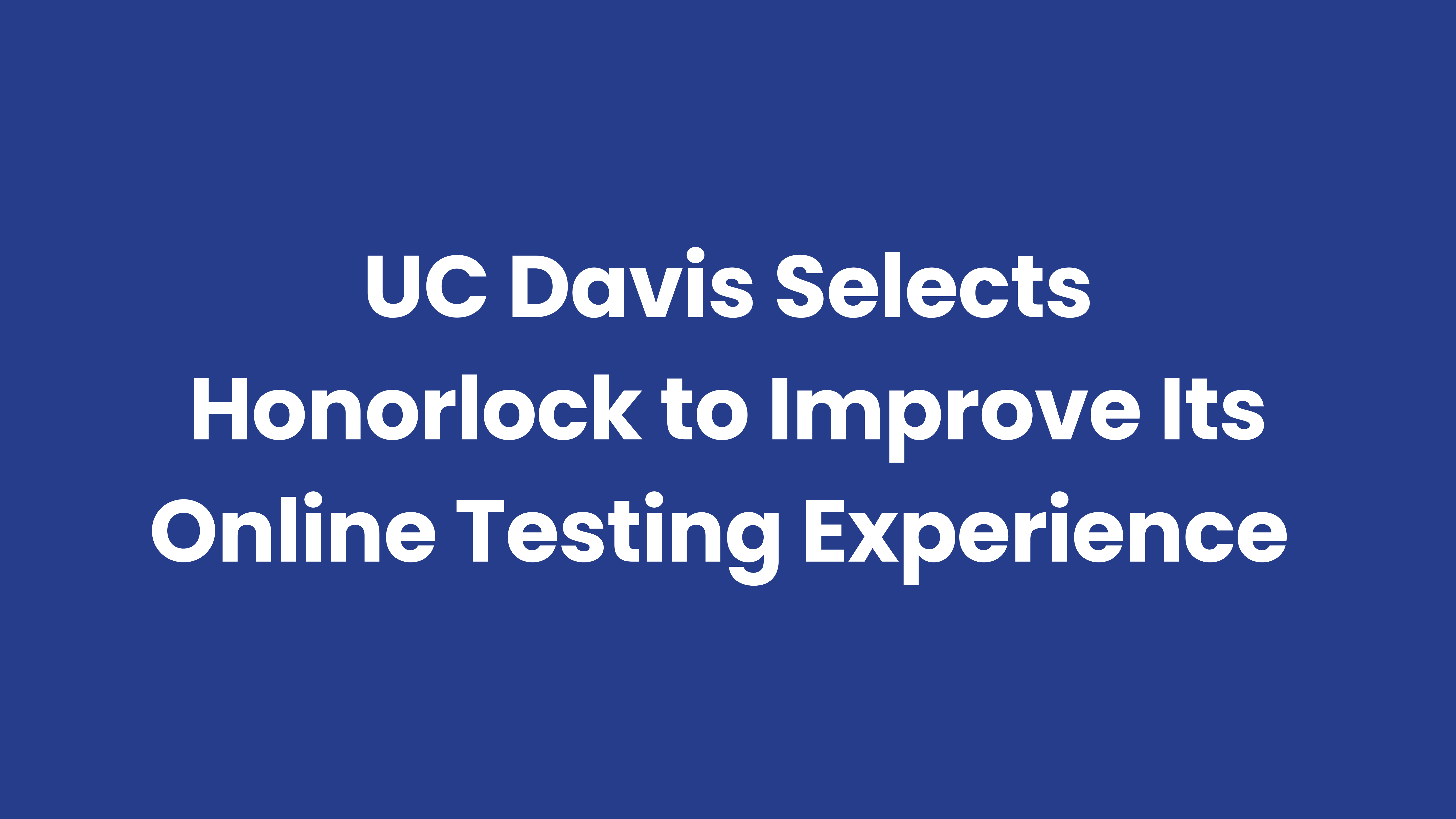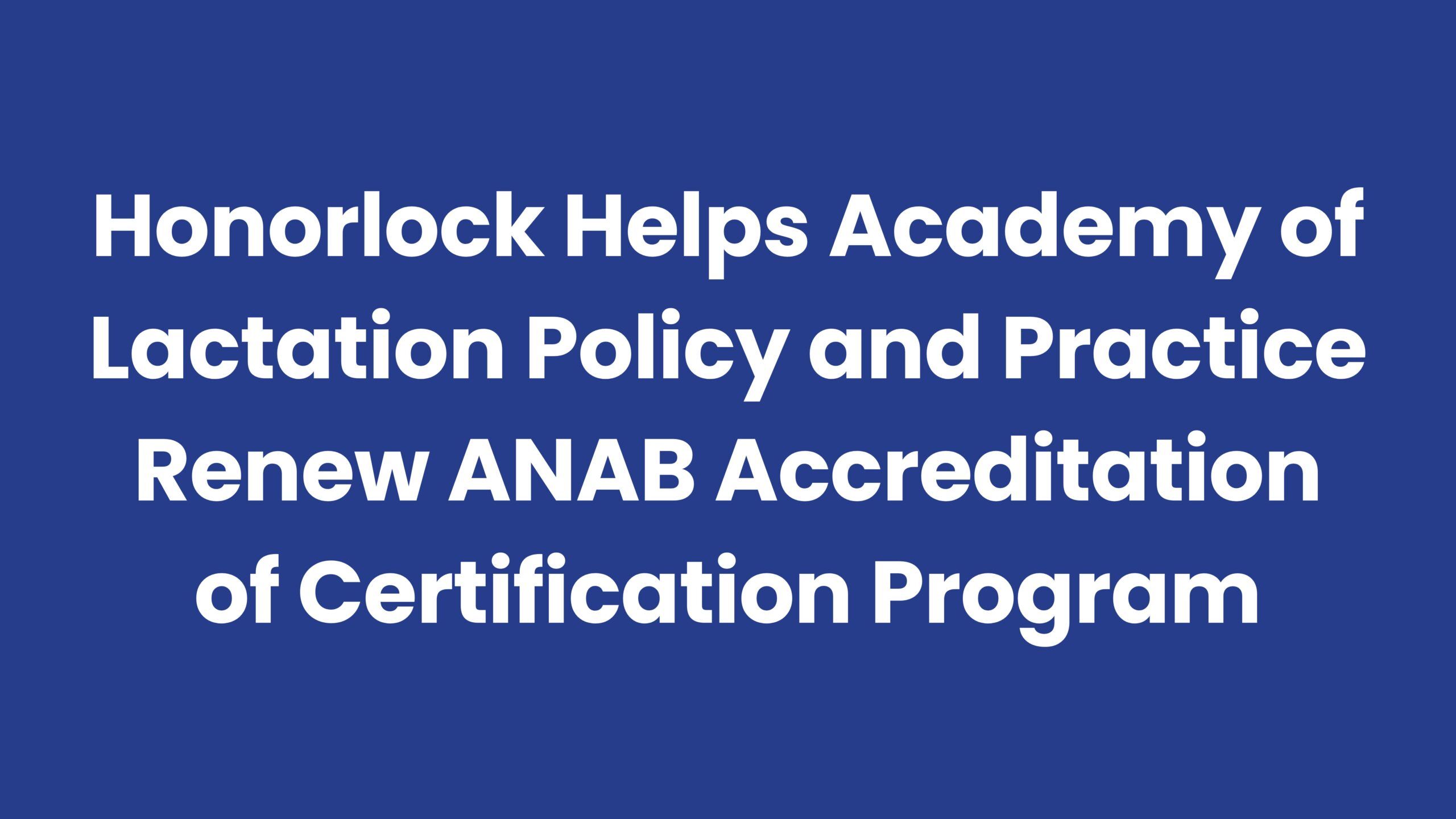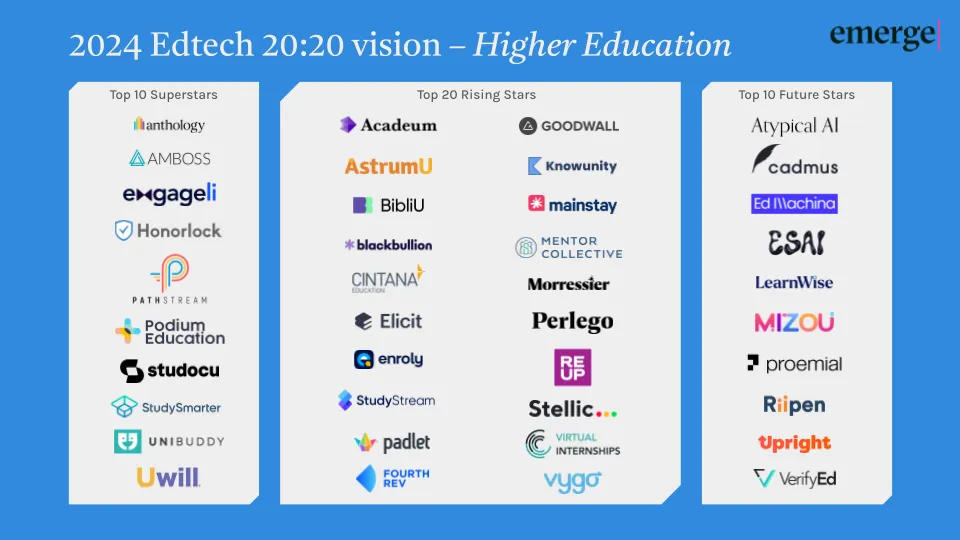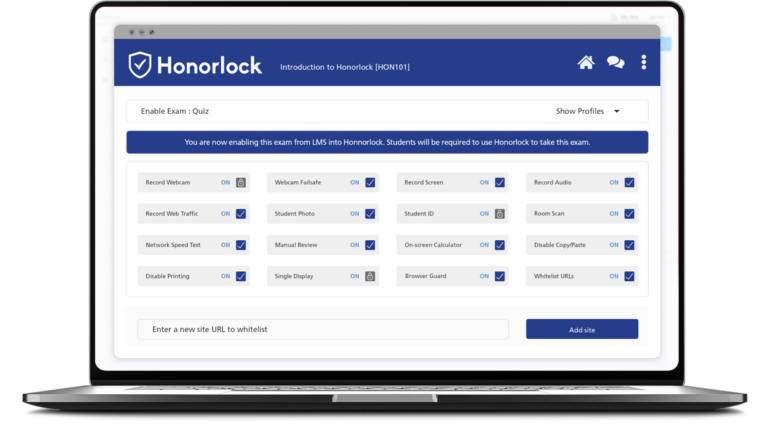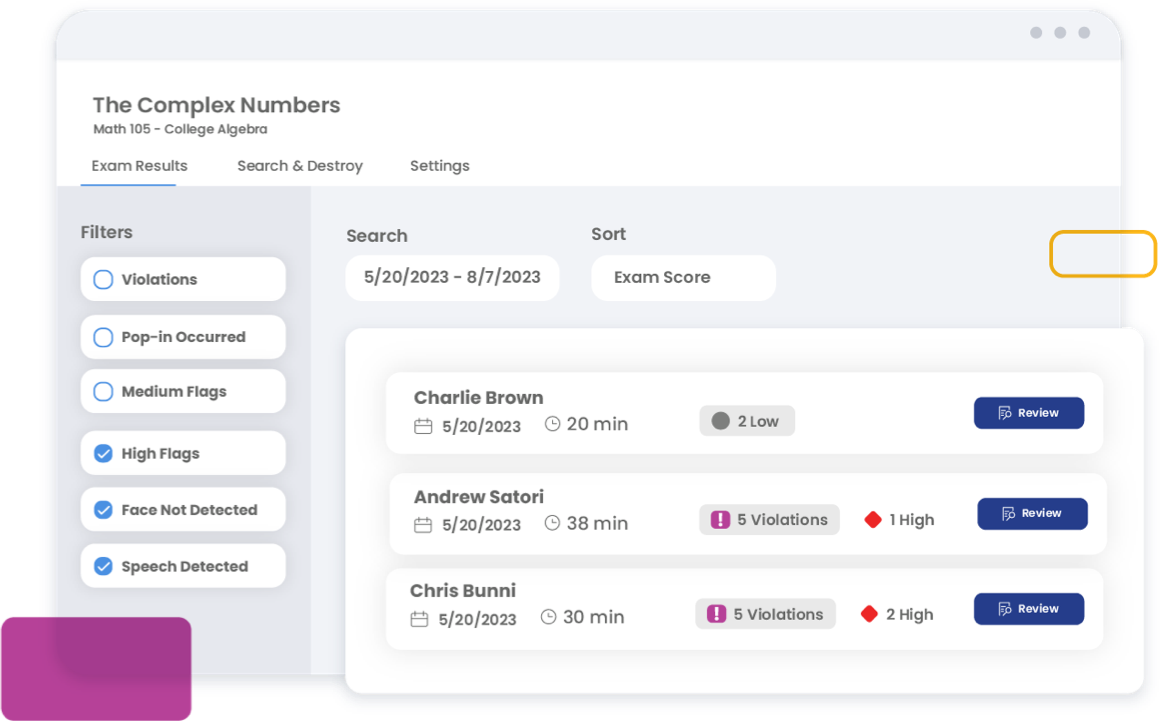Challenge
Growing online programs necessitated reliable, accessible proctoring that didn’t drain ASU-Beebe resources.
Solution
ASU-Beebe selected an Honorlock full institution license for live proctoring enhanced by AI to eliminate its previous proctoring challenges.
Results
Honorlock improved accessibility, eliminated friction, and strengthened integrity for all online courses.

ASU-Beebe At-A-Glance:
- Arkansas State University - Beebe: A two-year, comprehensive community college serving Central Arkansas
- Campus locations: Beebe, Heber Springs, Searcy, and Little Rock Air Force Base as well as Online and Lonoke Business Academy
- Serving nearly 4,000 students annually, including both college and high school students
- Established in 1927, ASU-Beebe is the oldest community college in the state of Arkansas
- 120+ transfer agreements that guarantee a seamless “2+2” major transfer to a 4-year colleges and universities
- 2nd largest college in the Arkansas State University System
- Nearly a century of transforming lives and building futures across Arkansas
Challenge: Growing Online Programs Necessitated Reliable, Accessible Proctoring That Didn’t Drain Resources
With more than half of its courses delivered online and a growing enrollment of fully online students, Arkansas State University-Beebe required a reliable and efficacious proctoring solution. Students needed a solution that would work with low bandwidth as they struggled to initiate and sustain access to proctored exams due to bandwidth limitations. Additionally, because many students relied on Chromebooks due to affordability and access, Chromebook compatibility was essential. Finally, the distance education team was stretched thin, spending an overabundance of their time supporting students and faculty in facilitating secure assessment.
Solution: Honorlock Live Proctoring, Enhanced by AI, Full FTE License
To overcome these serious challenges, Stephanie Ungerank, Director of Distance Education, searched for a different solution. She recalled, “When I asked my friends at other colleges, Honorlock kept coming up.” To ensure their growing online student population could successfully access and complete proctored exams using Chromebooks and relying on low bandwidth and to reduce the massive support burden on the distance education team, ASU-Beebe chose Honorlock.
Results: Improved Accessibility, Eliminated Friction, and Strengthened Exam Integrity
Honorlock Passed With Flying Colors
The ASU-Beebe Distance Education team put Honorlock to the test. Ungerank shared,
“Honorlock offered a pilot to prove it would work exactly as promised, and it did. I wasn’t expecting that to happen as we didn’t think there would be a solution that could address all of our needs.”
ASU-Beebe intentionally included several math and science instructors who like to proctor nearly every exam, not just midterms and finals. According to Ungerank, they also included faculty who “didn’t like proctoring at all and who weren’t on board” to be part of the pilot.
“100% of pilot participants recommended that we move forward with Honorlock. I was shocked. We tried to break the system. We tried things that normally didn’t work well with students due to internet bandwidth and we had zero issues,”
recalled Ungerank.
Beyond the pilot, she was thrilled with the decision to move to Honorlock. After years of what she described as an “around-the-clock challenge,” directly troubleshooting and supporting students with bandwidth issues, she was finally relieved.
So dramatically different, the incredible experience Honorlock provided was hard to believe. She added,
“I actually wondered, how can Honorlock be this perfect after struggling through years of challenges?”
“Between January and May, we proctored almost 7,000 exam sessions. We had no issues, none. We never had a student reach out because they couldn’t get in or it dropped them.”
Stephanie Ungerank
Director of Distance Education
Arkansas State University-Beebe
A Huge Bonus They Never Saw Coming
After the full implementation of the new solution, the immediate relief Honorlock provided was a pleasant surprise for Ungerank and her team. Her team had become accustomed to working around the clock, especially during final exams. Said Ungerank,
“This final exam period was the first time we did not have to work nights and weekends. We went from troubleshooting hundreds of issues to none with Honorlock. We are thrilled to partner with Honorlock. This was the best decision we could have made.”
Ungerank elaborated,
“Before Honorlock, a lot of work went on behind the scenes to try to make proctoring work for our students. It was just part of what we had to do to drive student success.”
The distance education team chose a solution with which they could empower faculty to configure proctoring themselves, including managing student accommodation needs on a one-by-one basis. Ungerank contrasted her new experience,
“With Honorlock, we don’t have to set up one-off proctoring to meet accommodation needs. We simply include any accommodations within the proctoring settings.”
The level of effort, time, and resources the distance education team had to devote to proctoring was simply not feasible with a growing student population. This all changed with Honorlock.
What is the most significant impact of the dramatic change in experience due to Honorlock? The unexpected gift of getting back one full-time employee! Ungerank explained,
“With Honorlock, we’re paying for a service that just works. We’re getting a full-time position on the distance education team back. Now that she doesn’t have to spend 100% of her time making proctoring work, she can focus on value-added work for our students. There’s so much more we can do.”
“With Honorlock, our instructors can set up proctoring themselves with minimal training. It’s easy. It’s pretty self-explanatory and it only takes a couple of minutes to set up an exam. Instructors like the freedom, autonomy, and ease of use. We don’t have to be involved. It’s a huge win for us.”
Stephanie Ungerank
Director of Distance Education
Arkansas State University-Beebe
Responsive, Reliable, and Consistent Support
Honorlock’s support exceeded the expectations of the distance education team, faculty, and students. From the start, ASU-Beebe noticed a big difference. Ungerank described their onboarding experience,
“Honorlock took the time to make things right and get us started on the right foot. It went a long way for our faculty.”
Honorlock provides a dedicated and responsive Customer Success Manager, as a reliable single point of contact, which changed the game for the distance education team. When ASU-Beebe encountered a bump in the road with Canvas new quizzes, Honorlock stepped up in a big way troubleshooting directly within their Canvas instance, and resolved the issue within a week. Ungerank recounted,
”I was floored by the responsiveness of the Honorlock team. They went above and beyond. It was totally unexpected.”
Finally, Honorlock’s unmatched support provides peace of mind and newfound confidence for faculty and the distance education team alike. Ungerank shared,
“Our faculty truly cares about their students and their success. Now they are confident Honorlock will take care of their students when issues arise. They know their students will be successful, able to do it, and not have a panic attack when they are running low on time because Honorlock is just working. That’s been a really big thing for faculty.“
Elevated Academic Integrity
Not only has their proctoring experience been improved for all stakeholders, but efficacy has also improved. Ungerank added,
“Faculty are actually catching students cheating. That’s not what we are after, but the solution works.”
Now ASU-Beebe is having productive conversations with students regarding flagged behaviors during exams. They know when a student uses a secondary device or attempts to use a prohibited plugin or tool. Even students have reported the difference in these conversations. Often responding,
“I just didn’t expect you to catch it.”
Thanks to Honorlock, ASU-Beebe now has proof of what prohibited behaviors students are attempting during exams and how their proctoring solution protects their exams’ integrity. For example, in the spring of 2024, the number one violation for ASU-Beebe students was using a secondary device.
They also learned that Honorlock prevented students from:
- Navigating away from the exam in 817 exam sessions
- Copying and pasting exam content in 1,580 exam sessions
- Using 729 different browser extensions in 394 exam sessions (including the #1 attempted extension for ASU-Beebe, Grammarly)
Actionable Insights Tell Their Story
Finally, being able to “tell their story” is the icing on the cake. The distance education team has long argued that ASU-Beebe has truly ‘online students.’ They don’t all live in Arkansas and they can’t all come to campus. In addition to serving a large military population with a nearby base and frequent deployments, Ungerank is proud to serve online students of all types who,
“… are truly pursuing an online degree because, without that option, they couldn’t.”
Many ASU-Beebe students are juggling children, activities, and full-time employment but still taking online classes and being successful. They’ve proctored exams for deployed military in an armored car in the field. Ungeranks gushed,
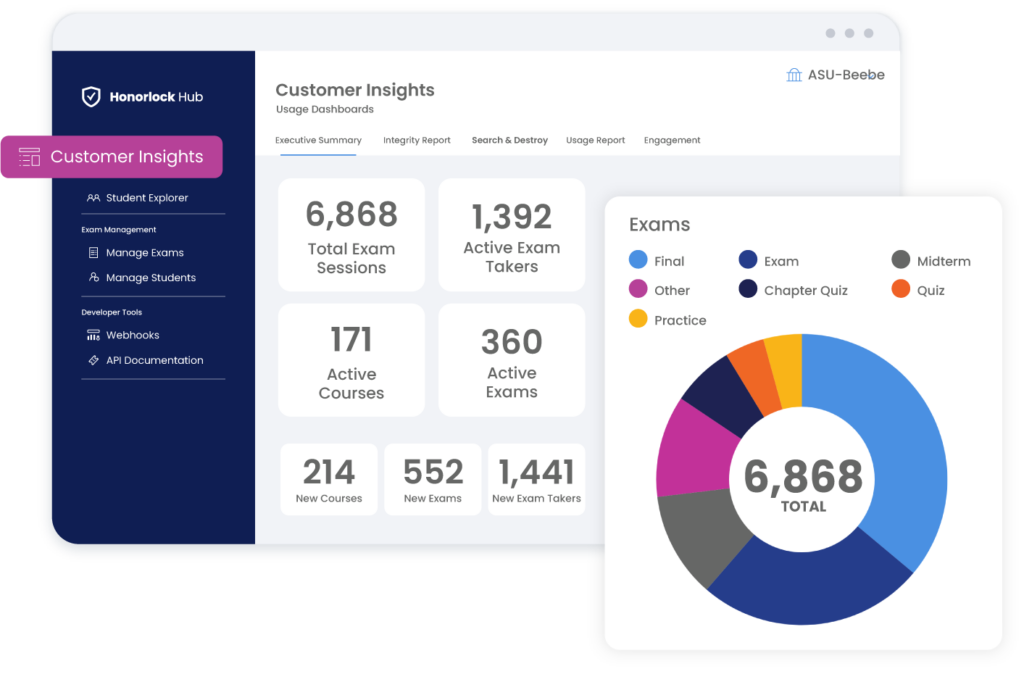
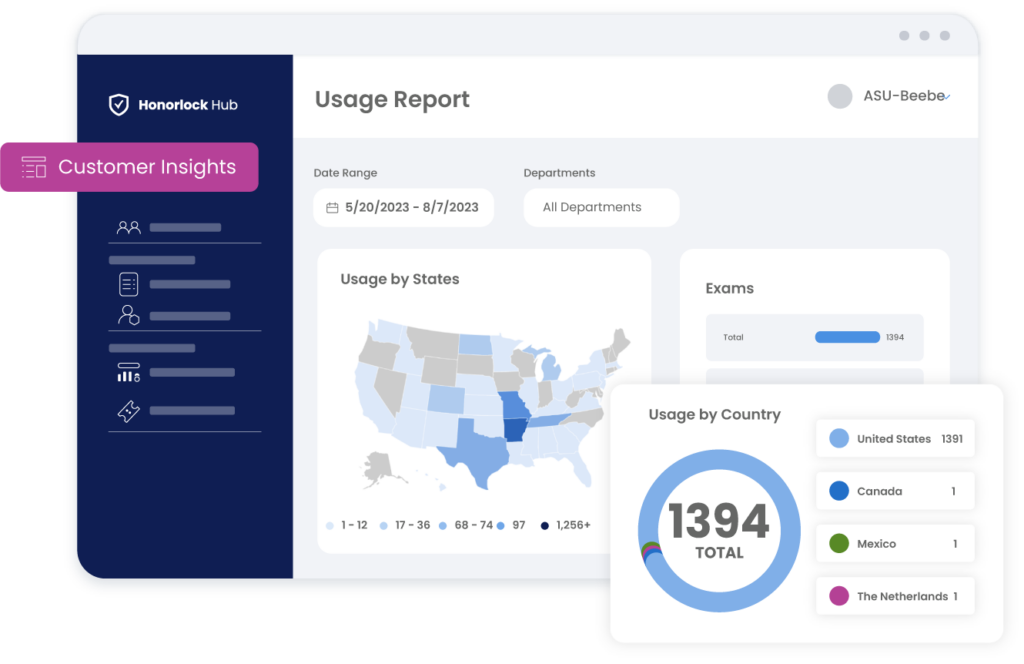
For the first time, Ungerank and her team can leverage real data—from usage to efficacy—to inform proctoring best practices, improve processes, and ultimately boost student success. ASU-Beebe’s Vice Chancellor for Academics, Dr. Jason Goodner, shared,
“Students who earn their education at a distance at ASU-Beebe experience seamless transitions with our LMS and the software packages our faculty use to deliver course content. Honorlock is no exception. We view Honorlock as a partner in meeting our student success goals.”
Looking back, Ungerank has no regrets. She concluded,
“Partnering with Honorlock was the best proctoring decision for student success.”

